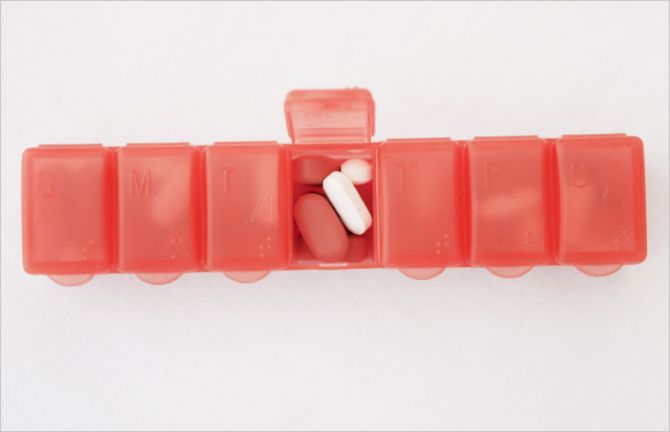

Update
HIV and drug resistance
08 February 2016
08 February 2016 08 February 2016For the majority of people, antiretroviral therapy is extremely effective in treating HIV, allowing people living with HIV to live longer, healthier lives. However, HIV is a complex virus that can adapt and mutate rapidly. This can lead to the virus becoming resistant to a medicine.
Drug resistance is more likely to happen when a person is unable to, or does not, take their medicine regularly as prescribed. Once resistance has developed, the resistant strain of the virus can be transmitted from one person to another. Resistance to medicines can lead to treatment failure, where the medicines no longer keep the virus in check; if this happens, an alternative antiretroviral treatment regimen will be needed.
Comprehensive country data on patterns of HIV drug resistance are scarce, especially in the regions most affected by HIV. However, the medical journal Lancet Infectious Diseases recently published a study by the TenoRes Study Group, which casts more light on global HIV drug resistance.
The study reviewed data on HIV drug resistance in almost 2000 people living with HIV who had treatment failure after first-line HIV treatment with a WHO-recommended drug regimen containing tenofovir. The data were collected from different studies carried out between 1998 and 2015 across 36 countries. The study found more resistance to the antiretroviral medicine tenofovir than had previously been reported, with 20% resistance to tenofovir in patients with treatment failure in Europe and over 50% resistance in patients with treatment failure in sub-Saharan Africa. This finding suggests that tenofovir resistance may be the cause of treatment failure in over half the people who develop treatment failure while on first-line therapy in sub-Saharan Africa.
The study findings do not indicate the need to revise existing global treatment guidelines, since tenofovir-containing regimens remain effective for the majority of people living with HIV starting first-line treatment. However, the findings reinforce the need for an effective vaccine or cure for HIV and the need to ensure that people are able to adhere to prescribed treatment regimens through treatment support and guaranteed supplies of quality-assured antiretroviral medicines in order to reduce the risk of development of tenofovir resistance.
The study underlines the importance of rapidly identifying treatment failure through routine measurement of viral load suppression—this is the basis of the third pillar of UNAIDS’ 90–90–90 treatment target, that 90% of people accessing HIV treatment have suppressed viral loads. Ongoing surveillance for drug resistance in HIV strains from people before they start treatment provides the most reliable indicator that the treatment programme is using the best anti-retroviral regimen.
Quotes
“Patients must be supported to adhere to therapy and to stay in care, and health systems must develop robust ways to monitor the effectiveness of their antiretroviral therapy programmes.”



